Top Class Actions’s website and social media posts use affiliate links. If you make a purchase using such links, we may receive a commission, but it will not result in any additional charges to you. Please review our Affiliate Link Disclosure for more information.
UPDATE: August 2020, the Onn power bank class action settlement is now open. Click here to file a claim.
A Walmart customer says power banks marketed and sold under the Onn label have a lower charging capacity than advertised.
Power banks are portable charging devices that are used to recharge personal electronic devices.
Plaintiff Michael Hester says that he purchased an Onn power bank at a Walmart in Georgia because it was advertised to have a high charging capacity.
He claims that after he purchased the product, he discovered that it had a much lower charging rate than what was advertised.
The Walmart class action lawsuit alleges that Hester was financially injured by Walmart, who misrepresented the product as having a higher charging capacity than it does.
Allegedly, had Hester known that the Onn power bank he purchased did not have the advertised charging capacity, he would not have bought the product or would not have paid as much for it as he did.
The Walmart power bank class action claims that because of Walmart’s misrepresentation of the power banks, the plaintiff did not receive the benefit of what he thought he had purchased.
Hester notes that the charging capacity of power banks are measured in milliampere-hours, known by the abbreviation “mAh.” This number indicates the number of times that the power bank can be used to charge another device before it must be charged itself.
The Walmart class action alleges that the power bank Hester purchased had an advertised mAh rating of 220, meaning that the device should have been able to charge another device 220 times before it needed to be recharged itself. However, Hester claims that its actual charging capacity was much less.
According to the Walmart power bank class action lawsuit, Walmart intentionally misrepresents the product in an attempt to sell more of it.
Allegedly, consumers seek out power banks with higher mAh ratings, and are willing to pay a premium for such devices.
Power banks with high mAh rating allegedly provide a better value to consumers because they require charging less often.
The Walmart Onn power bank class action lawsuit argues that Walmart used a fictitious mAh rating to encourage consumers to purchase the Onn power bank over other power banks.
Hester says that he was misled by the advertisement, and many other consumers would be, as well.
According to the Walmart class action, when consumers are making a purchasing decision, most of them do not have another way to determine the mAh rating than to trust the advertisement of the product presented by the company that produces it.
Allegedly, independent testing did show that the mAh rating of the Onn power banks was much lower than advertised, but consumers would not readily have access to this information.
The Onn power bank false advertising class action lawsuit claims that if Walmart had faithfully represented the charging capacity of the Onn power banks, they would not have sold as many power banks as they did based on their misrepresentation.
Hester argues that Walmart was unjustly enriched by the sale of Onn power banks.
The Walmart customer is represented by Randall K. Pulliam and Joseph Henry (Hank) Bates of Carney Bates & Pulliam PLLC, and by D. Greg Blankinship and Jean Sedlak of Finkelstein Blankinship Frei-Pearson & Garber LLP.
The Onn Power Bank False Advertising Class Action Lawsuit is Michael Hester v. Walmart Inc., Case No. 5:18-cv-05225-TLB, in the U.S. District Court for the Western District of Arkansas, Fayetteville Division.
ATTORNEY ADVERTISING
Top Class Actions is a Proud Member of the American Bar Association
LEGAL INFORMATION IS NOT LEGAL ADVICE
Top Class Actions Legal Statement
©2008 – 2024 Top Class Actions® LLC
Various Trademarks held by their respective owners
This website is not intended for viewing or usage by European Union citizens.

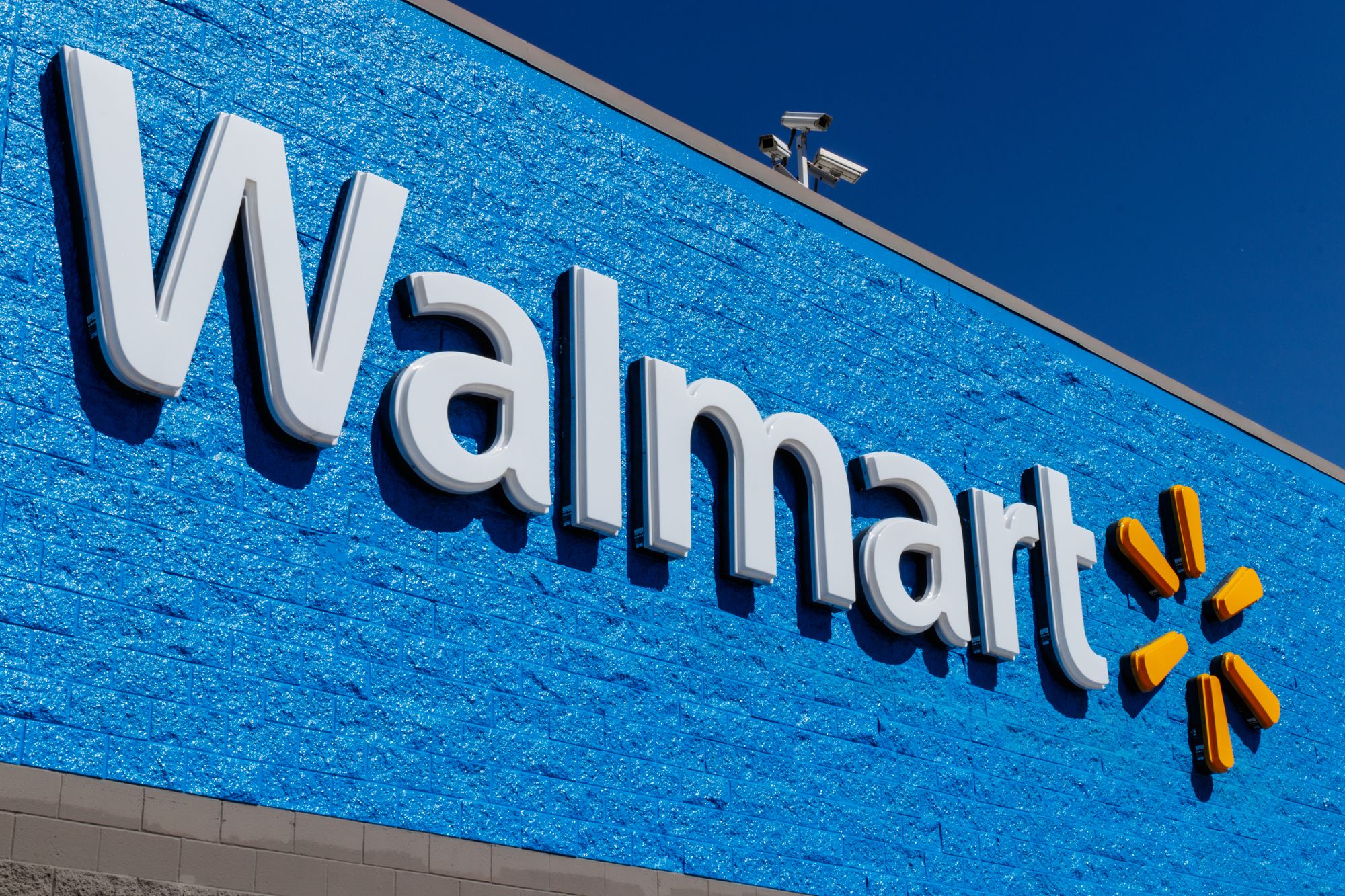

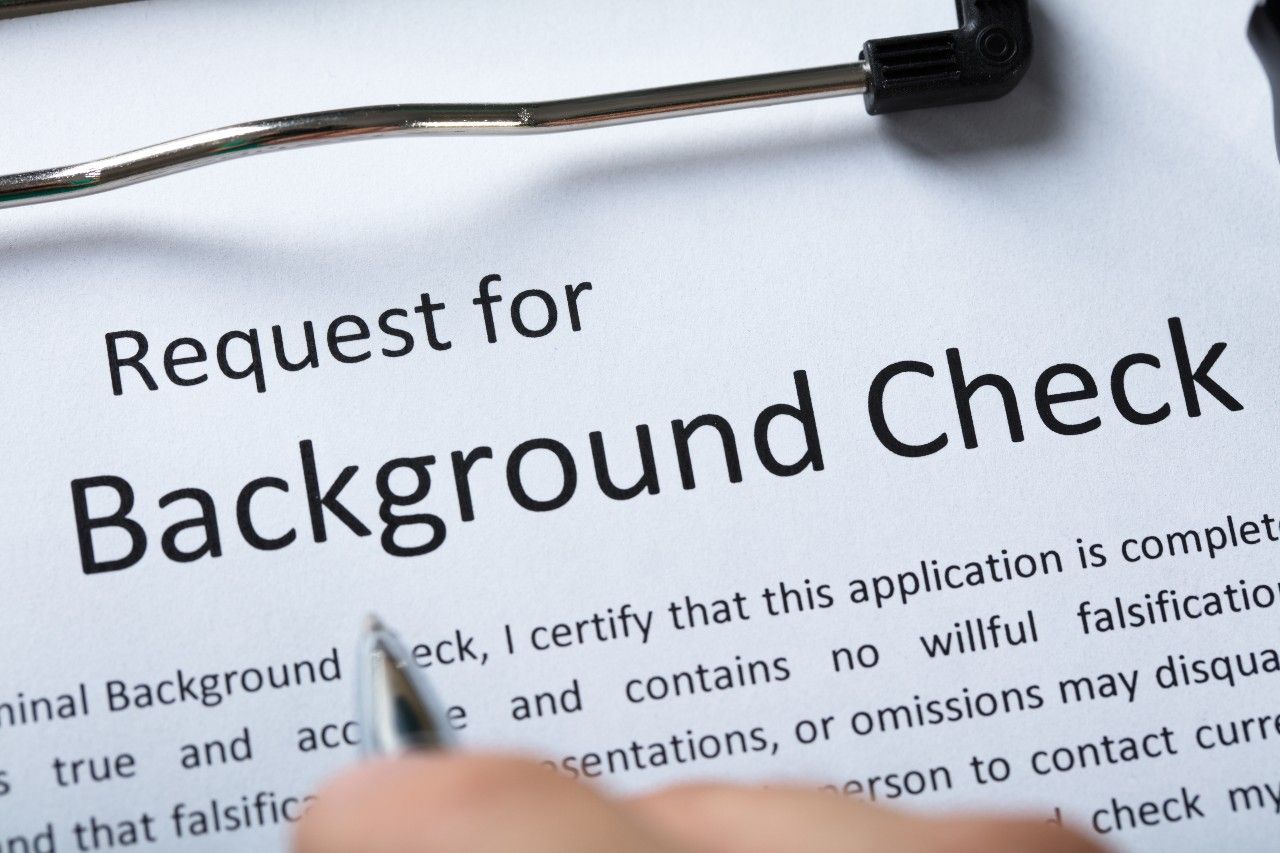


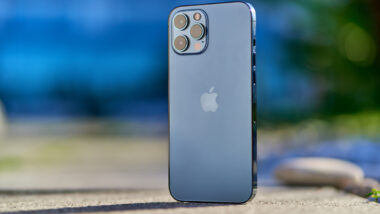

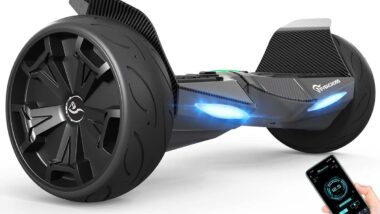

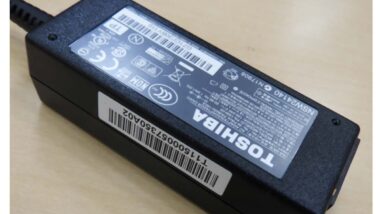

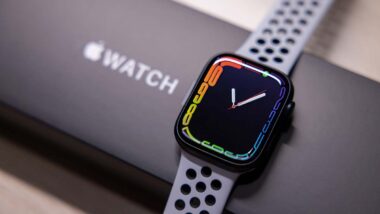

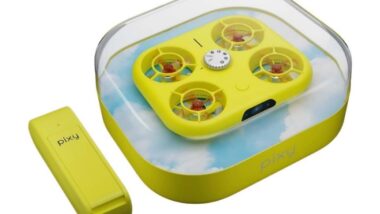
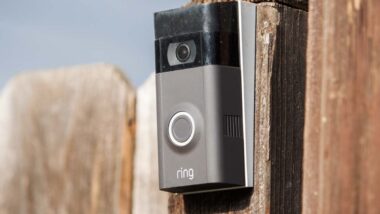
58 thoughts onWalmart Class Action Says Onn Power Banks are Falsely Advertised
Add me I bought 2
“The Walmart class action alleges that the power bank Hester purchased had an advertised mAh rating of 220, meaning that the device should have been able to charge another device 220 times before it needed to be recharged itself.”
This is Totally wrong on charging 220 times. Here is an explanation:
To calculate a battery’s life, divide the capacity of the battery by the current required by the object it powers. For example, imagine that you have two batteries for your cell phone, one with a capacity of 1000 mAh and one with a capacity of 2000 mAh, and that your phone requires a current of 200 mA to function. The first battery would power the phone for five hours, as 1000 divided by 200 equals five. But the second battery would power the phone for ten hours, as it has double the capacity of the first. While a larger number indicates battery power, larger mAh batteries may not be better if it is a poor quality battery. It simply means it can store more power.
I purchased two and also wasn’t allowed to return them because I couldn’t find my receipt
Add me please.
Add Me
Please add me. I am totally done with Walmart!! I went through 3!! Also they would not refund my money for any of the 3! Please add me to this immediately! Thank You!
Very disappointed with this power bank. Please add me
Slow battery life after charge with power bank, not energy affective.
Pls Add me
I also purchased this power bank that I tried to return to Wal-Mart but since I can’t find my receipt they would refund my money or let me trade. I feel as if they knew these power banks was crap.
Please add me
Please add me